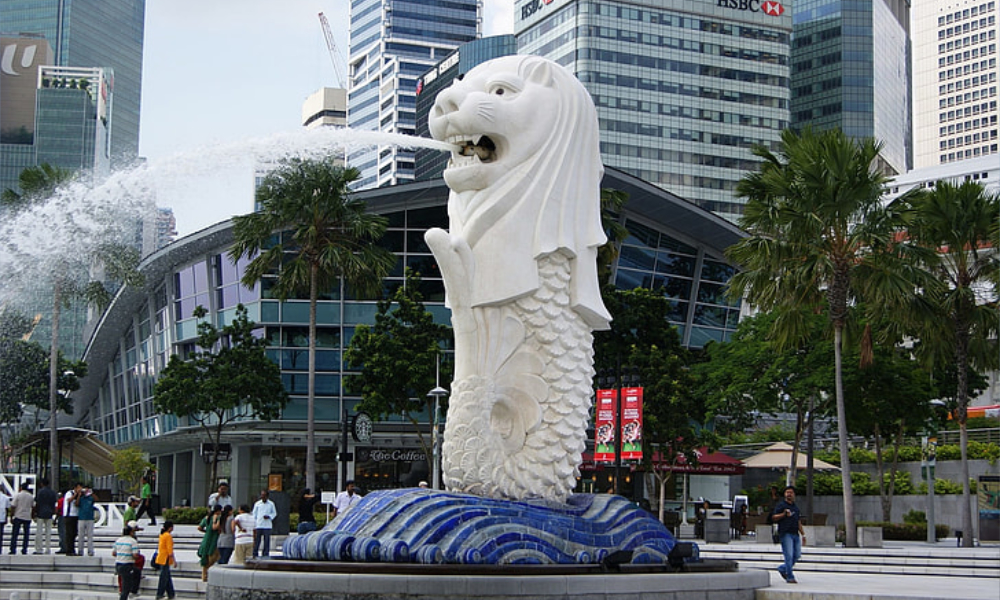In an article yesterday, I dissected the phenomenon of youth radicalisation and reviewed successful intervention initiatives from various countries.
I also provided recommendations for Malaysia to tailor these approaches to its unique circumstances.
In the second section of this article, the focus will be on analysing the lessons derived from global strategies, specifically addressing the question of whether Malaysia can adapt to these strategies, as well as the challenges associated with implementing such approaches.
Lessons from global strategies: Can Malaysia adapt?
While Malaysia encounters unique challenges, there are significant insights to be gained from international counter-radicalisation efforts.
Successful strategies typically incorporate several essential elements: proactive intervention, community involvement, mental health resources, and online surveillance.
Proactive intervention and education
Education is pivotal in thwarting radicalisation. Singapore’s model highlights the importance of early intervention within educational institutions, where curricula are crafted to foster resilience against extremist beliefs.
Malaysia could benefit from implementing a similar approach by establishing programmes that promote tolerance, appreciation of diversity, and conflict resolution skills.

Schools should facilitate open dialogues regarding race, religion, and identity, offering a space for young individuals to critically evaluate the narratives they encounter.
This initiative would equip them with the necessary skills to counter extremist influences.
Community engagement and mentorship
Community-based initiatives have demonstrated their effectiveness in nations such as Singapore and Denmark.
In Malaysia, there is an opportunity to enhance community support systems, especially in regions experiencing significant racial or religious discord.
Local entities, including religious leaders and youth mentors, can significantly influence at-risk youth by steering them away from extremist ideologies.
By cultivating a sense of belonging and offering positive role models, Malaysia can empower young individuals to develop resilience against radical influences.
For individuals who have already been radicalised, Germany's rehabilitation and reintegration programmes are crucial.
These initiatives aim to deradicalise those who have engaged with extremist groups and assist them in reintegrating into society.
The "Hayat" Programme specifically targets individuals seeking to disengage from jihadist movements. It offers counselling, support, and mentorship to those wishing to exit extremist groups.
This programme adopts a personalised approach that considers the psychological, social, and emotional needs of each individual.
Hayat collaborates closely with families and communities to ensure that individuals are reintegrated into a nurturing environment.
Mental health support
Addressing the psychological needs of at-risk youth is of paramount importance. Malaysia should consider investing in mental health initiatives that offer counselling and therapy for young individuals facing trauma, anxiety, or feelings of social isolation.
It is essential that these services are readily available, and that mental health practitioners are equipped to recognise early indicators of radicalisation.

Providing psychological assistance can play a significant role in deterring youth from gravitating towards extremist ideologies.
Online surveillance and counter-narratives
In light of the widespread issue of online radicalisation, Malaysia must prioritise digital literacy and the development of counter-narratives.
By raising awareness about the risks associated with extremist content, the country can empower youth to navigate the digital landscape more safely.
Additionally, creating counterpropaganda that advocates for peace, tolerance, and understanding is vital in countering the extremist ideologies that proliferate online.
Interdisciplinary collaboration
A collaborative approach that includes educators, mental health experts, law enforcement, and policymakers is crucial.
The government should encourage cooperation among these sectors to formulate a cohesive and comprehensive strategy.
Furthermore, the emphasis should be on rehabilitation rather than punitive actions, aligning with Denmark’s Aarhus Model, which focuses on reintegration and support for individuals.
Challenges
While the strategies outlined earlier offer promising avenues for addressing radicalisation, their application within the Malaysian context is fraught with significant challenges.
One of the primary obstacles is the pervasive stigma linked to radicalisation, which can hinder open discussions and the acceptance of preventive measures.
Additionally, the rapid spread of extremist content online poses a formidable threat, complicating efforts to counteract radical ideologies effectively.
Concerns surrounding surveillance and privacy further complicate the situation, as individuals may resist initiatives perceived as intrusive or overly controlling.
Moreover, there is often resistance from communities that harbour scepticism towards government-led programs, which can undermine the effectiveness of such initiatives.
In addition to these challenges, the complex interplay of racial and religious dynamics in Malaysia requires that any counter-radicalisation strategies be carefully tailored to reflect these realities.
Policymakers must consider the diverse cultural landscape and engage with various community stakeholders to ensure that interventions are effective, culturally sensitive, and inclusive.
This nuanced approach is vital for fostering trust and cooperation among communities, ultimately enhancing the likelihood of successful implementation of counter-radicalisation efforts.
Conclusion
Youth radicalisation poses a considerable challenge for Malaysia, intensified by the nation's intricate racial and religious dynamics.
By incorporating effective strategies that have been successfully implemented in countries such as Singapore, the United Kingdom, Denmark, and Germany, Malaysia has the potential to significantly strengthen its already well-established counter-radicalisation framework.

These nations have developed comprehensive approaches that address the root causes of radicalisation, promote social cohesion, and foster community resilience.
By analysing and adapting these strategies to fit Malaysia’s unique socio-political context, the country can improve its efforts in preventing extremism and ensuring national security.
This collaborative learning process can lead to the development of innovative policies and programs that not only mitigate the risks of radicalisation but also promote a more inclusive and harmonious society. - Mkini
R PANEIR SELVAM is the principal consultant of Arunachala Research & Consultancy Sdn Bhd, a think tank specialising in strategic national and geopolitical matters.
The views expressed here are those of the author/contributor and do not necessarily represent the views of MMKtT.




No comments:
Post a Comment
Note: Only a member of this blog may post a comment.